Public versus Private schools in Anambra – A challenging story of the educational, social and financial burden to our society.
By Dr Ifeanyi Emeka David
All through my growing up in the cosmopolitan city of Onitsha in the late 80s till the late 90s public schools were the most ideal and admired. Parents, teachers and students were proud to identify with the public schools as the epitome and citadel of learning which was responsible for the moulding of children’s character and behaviour irrespective of background or social status. Both the poor, and rich in the society sent their wards to public schools, starting from primary to public tertiary institutions with pride and confidence in the quality of schooling their children will receive.
Privates schools were unheard of or cared about. the presence of private schools was not noticed assuming it existed at all. Parents and guardians believed that competent and qualified teachers were and could only be found in public schools with adequate years of teaching experience against the private schools which were referred to as “school mama Ngozi” or “school Mr Chukwuma”. No one cared to know the names of those private schools as the proprietor or coordinators were mostly the only educated/qualified ones in those schools.
Public schools under UBE (Universal Basic Education) were tuition-free and devoid of incessant extortion in the name of handworks, nature corners, projects, etc. Because students were allowed to be creative on their own and submit their creative output for assessment in the schools, parents were not put under stress and hardship of providing large sums of money in the name of school fees, handwork and other things.
The painful levy for Christmas, Easter and end of term parties that has characterised our private schools now were not there. Competitions for attractive hairstyles for children and young mothers of today were not found as well. Students were compelled to have a nice haircut irrespective of gender and social status.
At Dennis Memorial Grammar School Onitsha where I was schooled, all students from JSS 1 to SSS 3 were required to put on white shorts and shirts. No discrimination and favouritism of any sort existed.
These things were done for the primary purpose of keeping the students and school environment safe and serene for learning. Our parents did not go through the level of psychological stress parents of these days undergo to see just one or two children to school.
Life was better and easier, the value of education was gotten without parents and caregivers going through hell or in competition with each other in the name of training their wards.
Until the early 2000s after the 11months strike of public school teachers during the administration of former governor Mbadiniju, things changed, teachers changed their mindset and conceptions as a result of the experience of hardship they went through during the striking period and beyond, teachers began to source and engaged in other ventures to increase their source of income and avoid passing through the challenges they experienced during the strike. Teachers began to come to school with egusi, groundnuts and other food items which they compelled students to process for them and some outrightly abandoned their duties to attend to their shops and businesses outside the school.
The teachers were not motivated or been paid appropriately as the investigation has shown that Anambra State is still among the state that pays the least amount of salary to civil servants in the Southeast.
As a result of this, our education fell like a pack of cards and parents began to seek for alternative arrangements to have their wards acquire decent education which is mostly done in the wrong direction.
The primary purpose of this story is to urge Prof. C.C Soludo to also declare a state of emergency on our education sector as he proceeds to Okpoko for cleanup and restoration of Anambra State to its lost glory.
I will like to stress for the interest of my readers and defenders of conscience that the fact that one student from Anambra State scored the highest in UTME does not mean that our education system is right as it’s obvious that there are cases of exceptional, gifted and talented children which should not be used as the basis to generalise our educational standard.


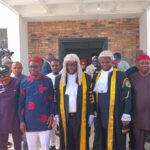
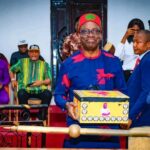
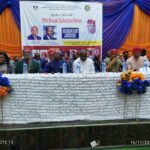




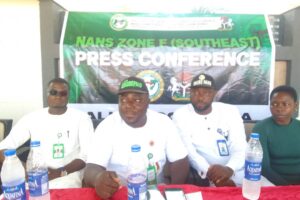
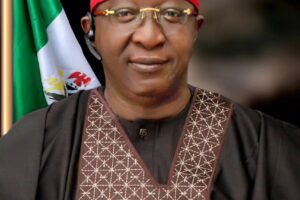
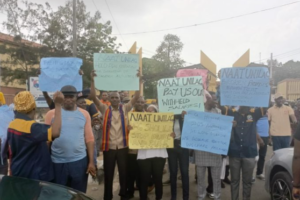
Add Comment